Atheists are people who do not have a belief or in simple terms, lack faith in the existence of God or gods. Atheism is the state of being an Atheist and can be defined as being the absence of belief in the existence of deities. Many atheists have played a major role in an inspirational as well as educational sense, leaving an unmatched fingerprint in the world. Here’s a compilation of inspirational atheist quotes for thought.
Table of Contents
12. Sam Harris
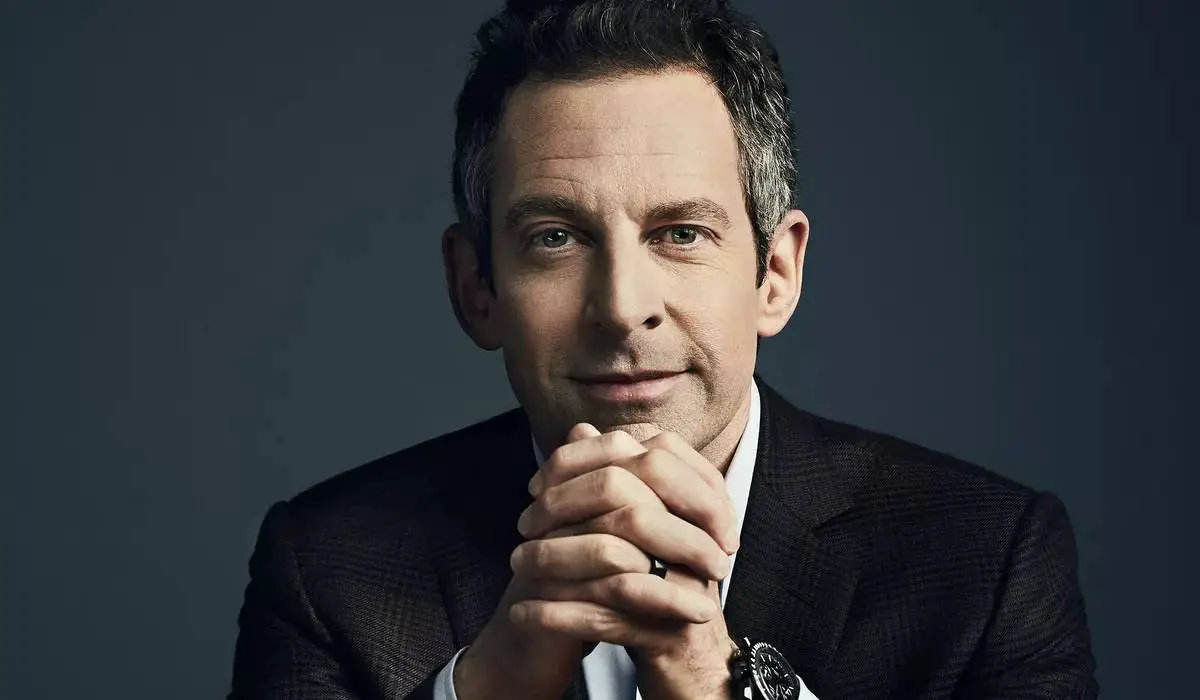
I know of no society in human history that ever suffered because its people became too desirous of evidence in support of their core beliefs.
Samuel B. Harris is renowned for his contribution to non-fiction religious and philosophical literature. He is an established American author, neuroscientist, philosopher, blogger, a critic of religion, lecturer, public intellectual, and podcast host, as well as the co-founder and CEO of Project Reason. He has produced numerous books and written many articles advocating rational skepticism and the New Atheism. He is also famously known as one of the Four Horsemen of New Atheism and you can tune into his podcast Making Sense Podcast.
11. Richard Dawkins
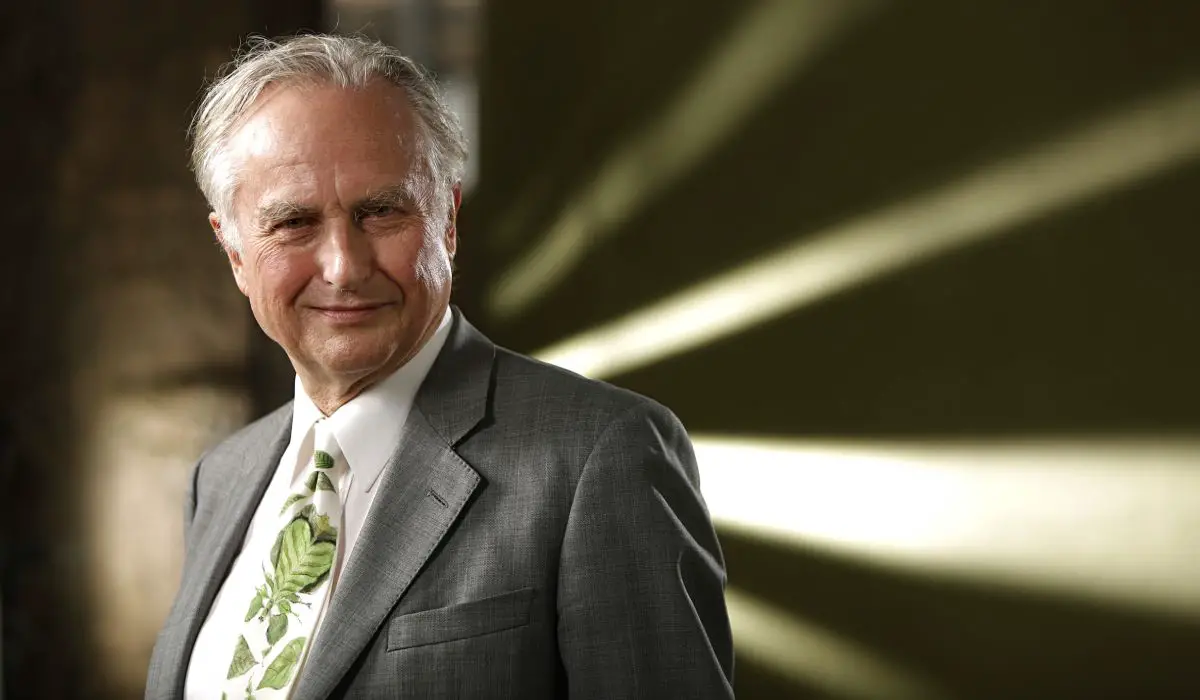
We are all atheists about most of the gods that humanity has ever believed in. Some of us go one god further.
Richard Dawkins, born on 26th March 1941, is an English ethnologist and a remarkable evolutionary biologist. His achievements in his industry have made him a pacesetter with significant contributions. A tenacious author, Dawkins, is an Alma mater of the University of Oxford with an MA and diploma in philosophy. Richard had a good childhood owing to his incredible skills as an observer. Because of his commitment and dedication, Richard scaled up heights and won merits that saw him climb up his educational and career level.
Dawkins is remembered for having been the one man who popularized the gene as the principal unit in selection in evolution. As such, he left a remarkable footprint in science, set a high bar for those to follow him, and can, therefore, be considered as being one of the fathers of science. He is also the founder of the not for profit organization Richard Dawkins Foundation for Reason and Science and is also famously known as one of the Four Horsemen of New Atheism.
10. Clark Adams

If atheism is a religion, then health is a disease.
Clark Adams was a prominent American free thought leader and activist born in Kentucky. Adams attended catholic school as a child but maintained skeptic thoughts and perceptions concerning the teachings of the church. Owing to his self-belief and tenacious nature, Clark was an inspiration to many people in his time. His circle of friends constituted of people of diverse cultures and beliefs because of the fact that Clark maintained a liberal personality.
Adams made an impact on promoting the secular student alliance and merited to sit on the Board of Directors. He is also popular for being one of America’s best freethinkers listed in Warren Allen Smith’s satirically titled book titled Who’s Who in Hell.
9. Richard Jeni
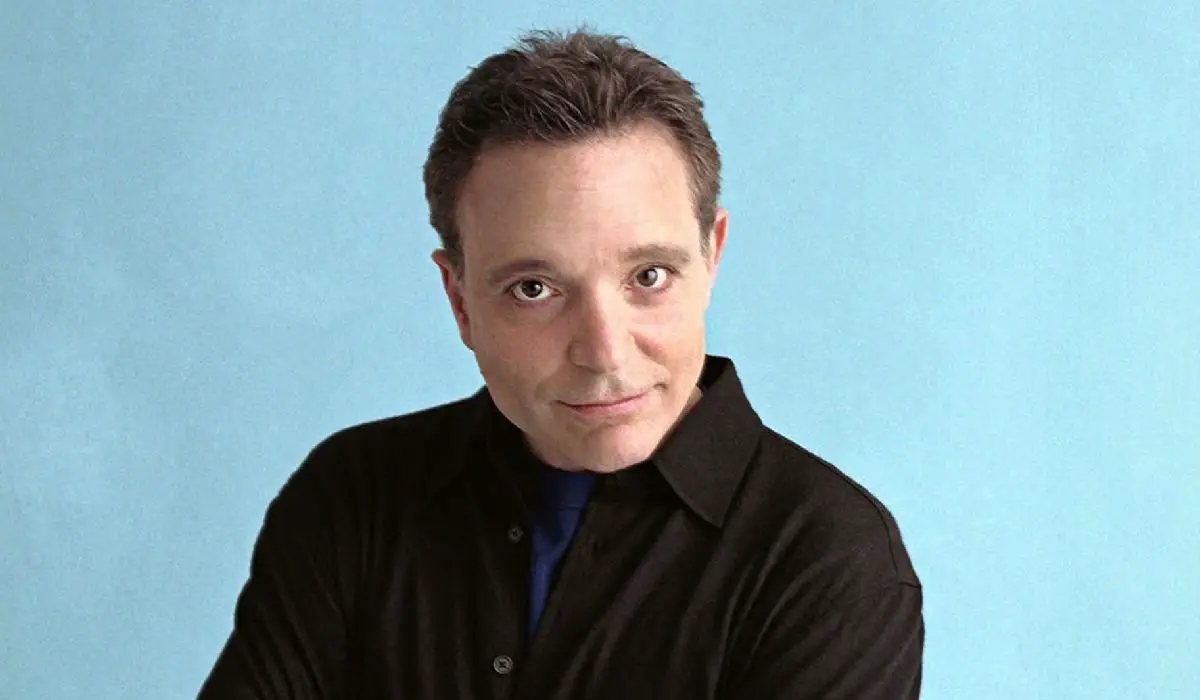
You’re basically killing each other to see who’s got the better imaginary friend.
Richard John Colangelo, popularly known by his stage name Richard Jeni was an American stand-up comedian and atheist who was also into acting. A Hunter College graduate with a bachelor’s degree in comparative politics, Richard was a force in his industry. During his childhood, Richard loved arts and paid critical attention to advancing his knowledge in that field.
An Italian native, Richard received his honors through multiple stand-up performances. Richard is remembered for having ranked as #57 on Comedy Central’s list of the 100 greatest stands up comedies in the world. His unique ability to build and maintain incredible working relationships has always set him apart from those around him.
8. Epicurus
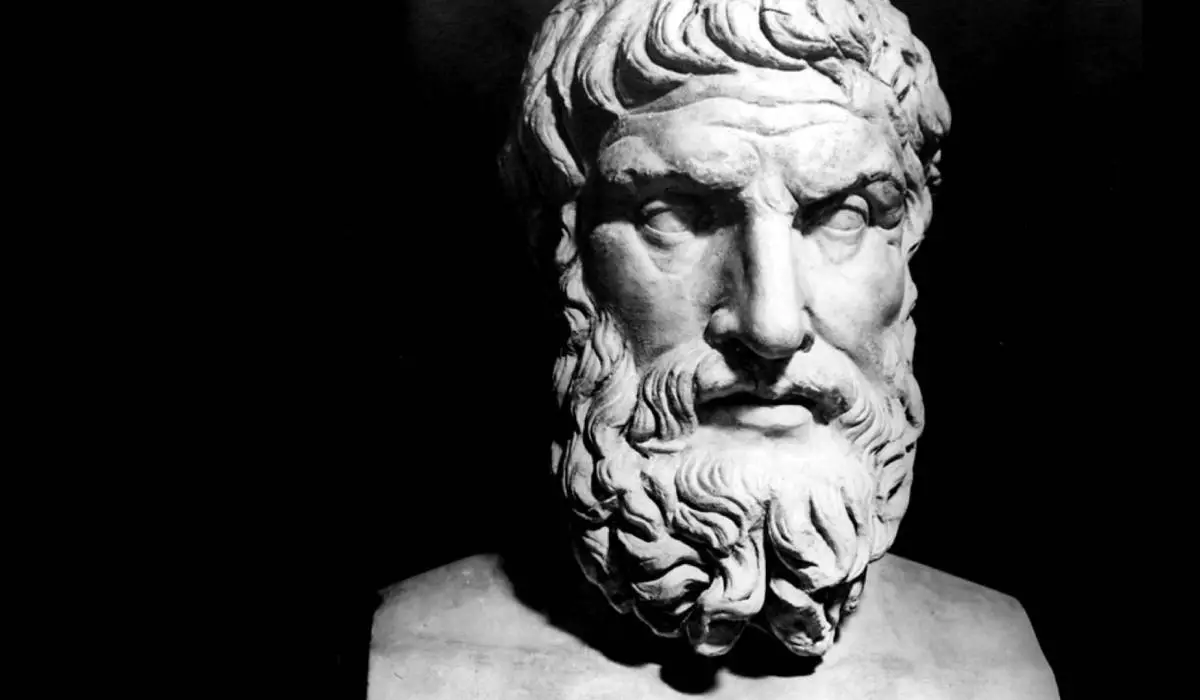
Is God willing to prevent evil, but not able? Then he is not omnipotent. Is he both able and willing? Then whence cometh evil? Is he neither able nor willing? Then why call him God?
Epicurus was a philosopher from Greek and sage. His birthplace is on the Greek island of Samos. Epicurus loved philosophy because of the fact that he believed it to be able to provide a happy life that is quiet and calm and is characterized by peace and freedom. His background with philosophy in education, coupled with his experience reading books and interacting with people regardless of their diversity, inspired his informed way of thinking.
Epicurus is remembered for being the founder of a very influential school of philosophy presently called Epicureanism. Being an exceptional writer, Epicurus thought that death denial is the root of all human neurosis, and the tendency for people to assume death will always cause anxiety. Epicurus can, therefore, be thought of as being an informed thinker with a unique ability to inspire others and motivate them to think outside the box.
7. Emo Philips

When I was a kid, I used to pray every night for a new bicycle. Then I realized that the Lord does not work that way, so I stole one and asked Him to forgive me.
Emo Philips, born on 7 February 1956, is an American comedian with a stand-up performance that uses paraprosdokians that are spoken in a wandering falsetto voice tone. Popular for using a confused, childlike delivery of his content, Emo has made a reputation for his wisdom of children. Many such parents have held his works in high esteem because of the incredible role in building and informing their literacy skills, making them better people and improved academicians.
6. Blaise Pascal
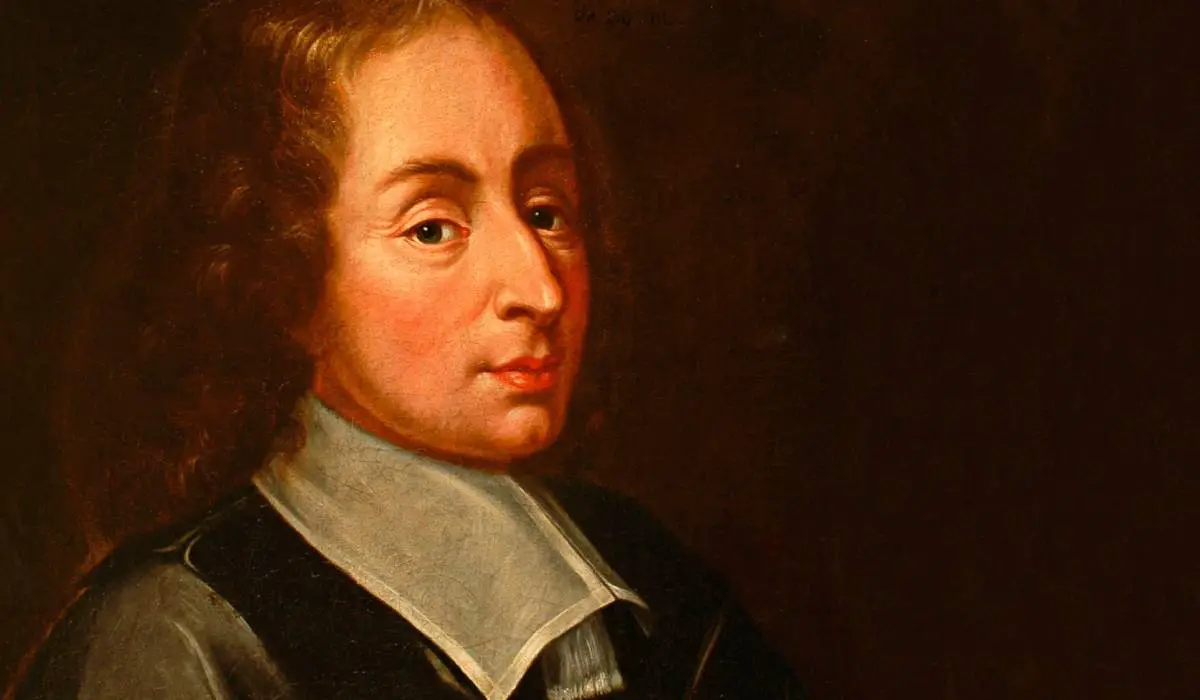
Men never commit evil so fully and joyfully as when they do it for religious convictions.
Blaise Pascal is a French mathematician, physicist, inventor, writer, and Catholic theologian. A child prodigy educated by a tax collector, Blaise identified with the religious movement within Catholicism called Jansenism and live with frail health, particularly during his teenage years. Popular for his religious beliefs, Blaise made a reputation for being a liberal thinker with the ability to shape his own opinions despite the fact that everyone else could be thinking or doing entirely different things.
Blaise is remembered for working in the natural and applied sciences contributing to the study of fluids, pressure, and vacuum. During his teenage years, despite his health, Blaise participated in pioneering work, specifically in the calculation of machines. He, therefore, had exceptional contributions towards physics and has informed many scholars through his unique findings and become a base for other scholars to build on.
5. George Bernard Shaw
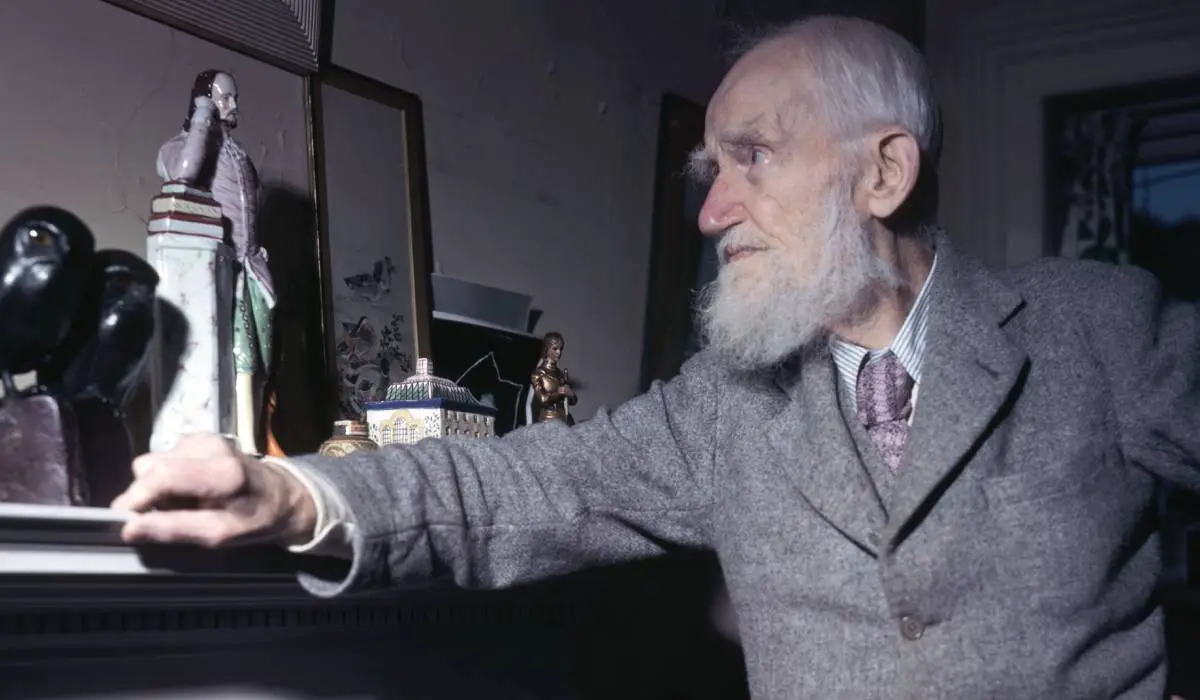
The fact that a believer is happier than a skeptic is no more to the point than the fact that a drunken man is happier than a sober one.
George, born in Dublin, first came to London in the year 1876 and strived to establish himself as a writer and novelist before he finally resolved to self-education. Shaw found comfort in music after his mother failed to show him affection and love. The feeling of inadequacy set him to channel all the negative energy into music, a move that enabled him to get something very positive and build a name for himself.
George Shaw made an impact as an informed musician with immense musical knowledge, particularly for choral and operatic works, and became exposed to an ocean spectrum of literature. His views for when it comes to religion and Christianity were less consistent, and during his youth, George proclaimed himself as being an atheist. He espoused racial equality ad intermarriage amongst races, an action that saw him set a reputation for himself that made him very renowned.
4. Carl Sagan
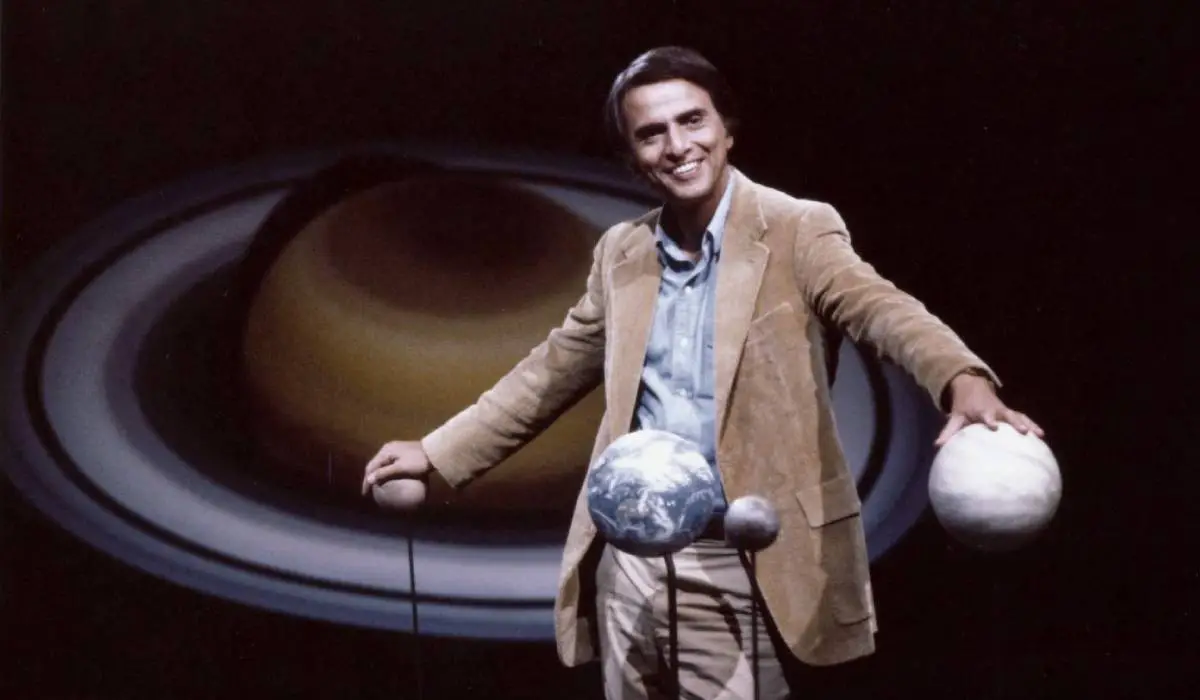
You cannot convince a believer of anything; for their belief is not based on evidence, it is based on a deep-seated need to believe.
Carl Sagan was an Astronomer, astrobiologist, cosmologist, astrophysicist, and author. Born on 9th November 193, the University of Chicago alumni is a phenomenal pioneer.
He was popular for his work as a popularizer for science and communicator. One of Carl’s greatest contributions includes a research-based on extraterrestrial life, which includes the experimental demonstration about the generation of amino acids for chemicals with the help of radiation. He was the one who assembled the very first physical messages that were sent to space. This achievement set him on the map as one of the fathers of science and technology.
3. Daniel Dennett
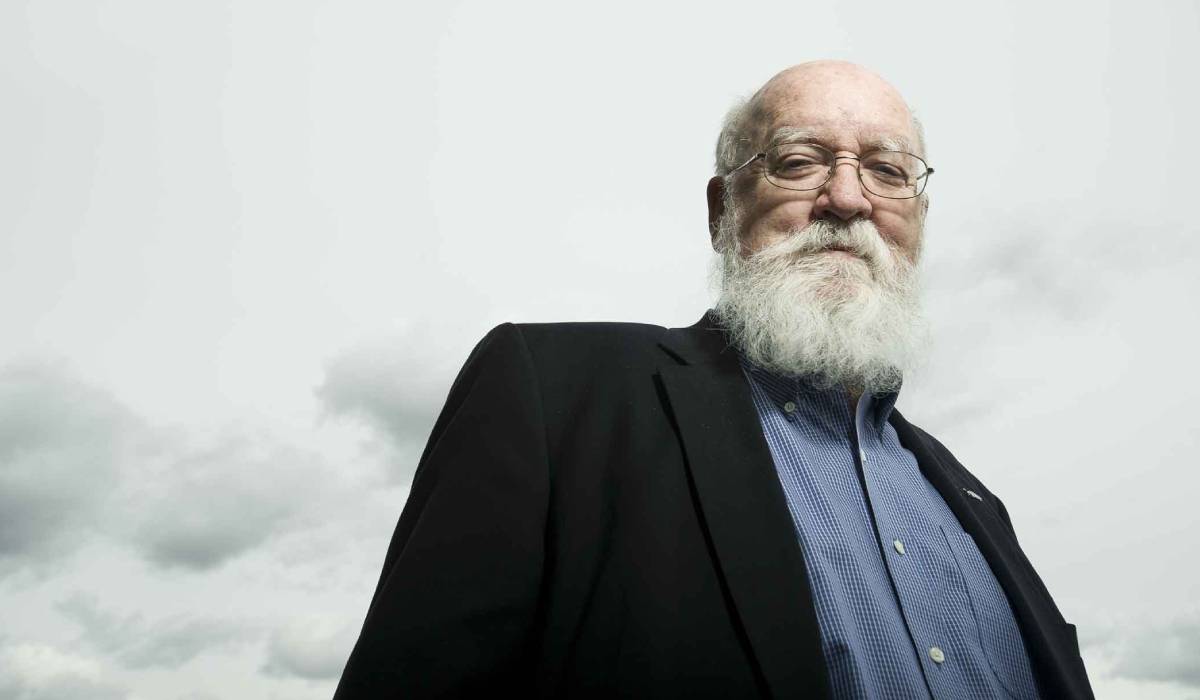
You don’t get to advertise all the good that your religion does without first scrupulously subtracting all the harm it does and considering seriously the question of whether some other religion or no religion at all, does better.
Daniel Clement Dennett III (born March 28, 1942, Boston, Massachusetts, U.S.) is an American philosopher, writer, and cognitive scientist whose research centers on the philosophy of mind, philosophy of science, and philosophy of biology, particularly as those fields relate to evolutionary biology and cognitive science. He became a prominent figure in the atheist movement at the beginning of the 21st century.
He awarded the Erasmus Prize for his tireless efforts in translating the cultural significance of science and technology to the masses. Daniel Dennett is an ardent atheist and secularist, he is famously known as one of the Four Horsemen of New Atheism.
2. Aldous Huxley
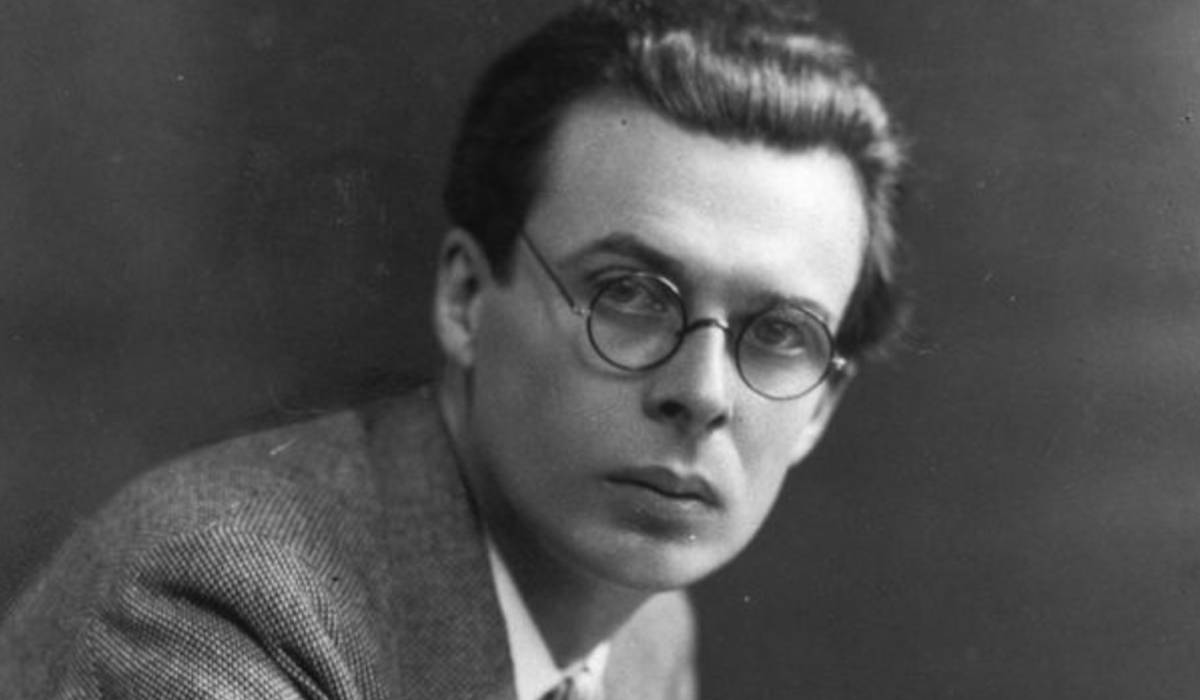
Facts do not cease to exist because they are ignored.
Aldous Leonard Huxley was born in 1894. He was an English writer and a phenomenal philosopher with a record of up to 50 books, including novels and non-fiction works. He studied at Eton College and was an Alma mater of Balliol College, Oxford. He was a humanist and pacifist who grew interested in philosophical mysticism. A Surrey native, Huxley was the third son of Leonard Huxley, a writer, and schoolmaster. He was diagnosed with laryngeal cancer in 1960 before he wrote the Utopian novel called Island.
Aldous Huxley is famous for being a remarkable writer. Owing to his exceptional skill and prowess and his desire to become a global expert in his field, he won many awards, including James Tait Black Memorial Prize, American Academy of Arts and Letters, and the Royalty Society of Literature. His quotes as atheists have prompted a lot of debates especially the ones along the line of religion and beliefs in general.
1. Christopher Hitchens

Religion is man-made. Even the men who made it cannot agree on what their prophets or redeemers or gurus actually said or did.
Christopher Hitchens, the British author, and journalist who has died at the age of 62 was famous for his controversial polemic writings, his sharp wit, and blunt honesty. He contributed to New Statesman, The Nation, The Atlantic, London Review of Books, The Times Literary Supplement, Slate, and Vanity Fair. Hitchens wrote numerous books but became a popular author in 2007 thanks to “God is Not Great: How Religion Poisons Everything,” a manifesto for atheists. He is also known as one of the Four Horsemen of New Atheism.
Conclusion
Atheists have been known to be people with a liberal way of thinking. This, however, does not elude the fact that some, if not most of them are notable scholars. They are well renowned for making popular quotes, all of which inspire the application of critical and creative thinking. These quotes do not only represent their religious beliefs but also represent basic and scholarly knowledge.
